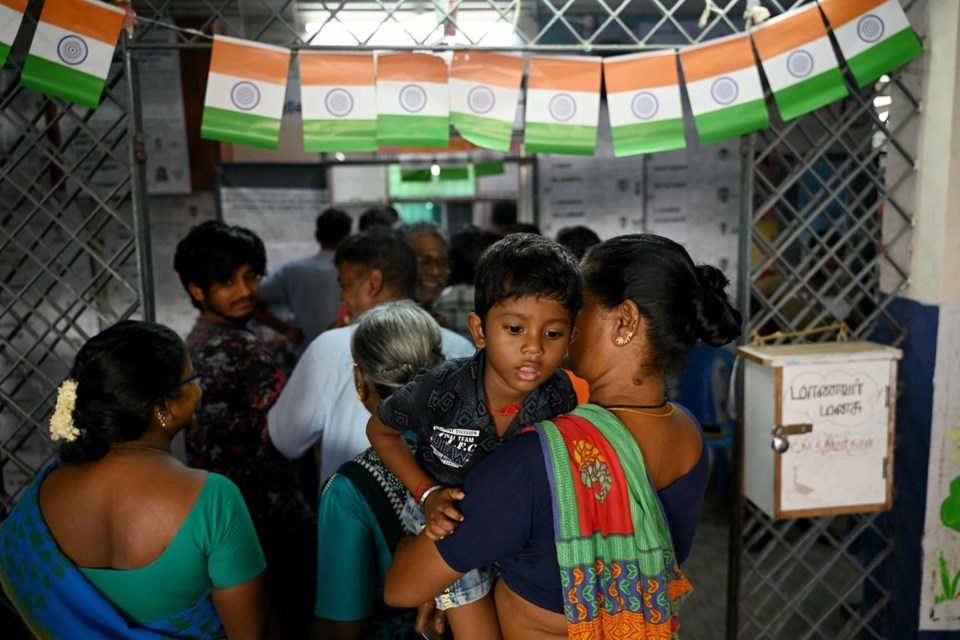Los Angeles (DNA) — India, the world’s largest democracy, is increasingly less democratic, according to a report issued by an international group of governance researchers.
The 2024 Berggruen Governance Index (BGI) recorded a steep drop from 2010-2021 in the Â鶹ÊÓƵ Asian giant’s measurable features of democracy. In the BGI’s 100-point Democratic Accountability Index, India lost 18 points to a score of 62, which is below the average of the 145 countries analysed in the report.
The report, titled «Democracy Challenged», was presented Wednesday by the Luskin School of Public Affairs at the University of California Los Angeles (UCLA), which collaborated on the project with the Berggruen Institute, a think tank headquartered in Los Angeles, and the Hertie School, a German university.
«Can we still call India a democracy?», BGI lead author Helmut Anheier asked on the occasion of the report's launch event in Los Angeles. «At best it's an illiberal democracy.»
The report describes an increasingly authoritarian «drift» in India under Hindu nationalist Prime Minister Narendra Modi, who has ruled since 2014. He is expected to win a renewed mandate in ongoing Indian elections, with final results due June 4.
India’s score on the BGI’s Public Goods Index rose significantly from 2010-2021, a 13-point gain to 61 on the 100-point scale, even as the report’s measure of Indian state capacity, which looks into the quality of government, declined a bit. The BGI's Public Goods Index measures the quality of public goods delivered by a state in terms of life expectancy, health care, education, and ecosystem protection.
«What we have in India is, of course, a strange mixture of economic success with Hindu nationalism, and nationalism in a multi-ethnic country is never a good idea,» Anheier said. «How stable India's going to be in the next 20 years, I just don't know. If it continues to go down the non-democratic path, I don't think the country's going to be stable.»
-----------------------------------
This text and the accompanying material (photos and graphics) are an offer from the Democracy News Alliance, a close co-operation between Agence France-Presse (AFP, France), Agenzia Nazionale Stampa Associata (ANSA, Italy), The Canadian Press (CP, Canada), Deutsche Presse-Agentur (dpa, Germany) and PA Media (PA, UK). All recipients can use this material without the need for a separate subscription agreement with one or more of the participating agencies. This includes the recipient’s right to publish the material in own products.
The DNA content is an independent journalistic service that operates separately from the other services of the participating agencies. It is produced by editorial units that are not involved in the production of the agencies' main news services. Nevertheless, the editorial standards of the agencies and their assurance of completely independent, impartial and unbiased reporting also apply here.
Frank Fuhrig, The Canadian Press




